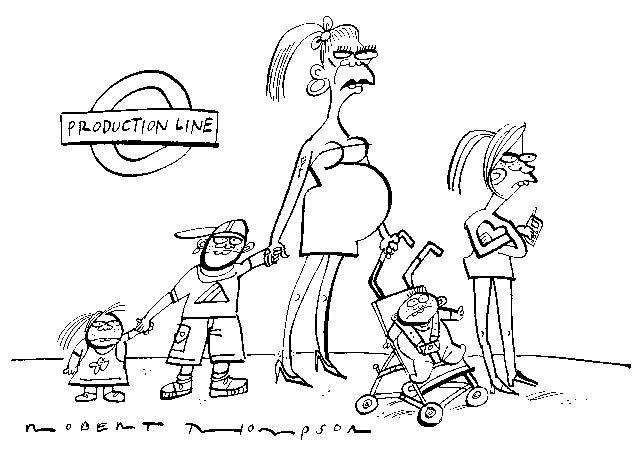It rapidly became inevitable that my annual trip to Fukushima would be cancelled: I was due to go less than a week after the earthquake. No explanations were asked for and none was given. After all, every contract I have ever signed has included a standard clause about force majeure — it is always taken for granted and assumed it will never be invoked — and here suddenly I was presented with the most complete definition of that phrase I could ever expect to encounter.
The job in question was to judge the all-Nippon Choral Competition, which I had done for the previous three years. In so doing I had got to know not only the town of Fukushima and its delights, but also the people who run the Symphony Hall there, including the prefect of the province. This amiable and melodious politician had turned the competition into a big banner for his occupation of office, and it had helped him to re-election last autumn.
Now instead of singing tenor to his electorate he is dealing with the possibility of leaking nuclear radiation, a massive refugee problem and a cracked symphony hall. I occasionally see his name in the papers — the last reference explained that the Prime Minister of Japan had ‘commanded’ him to do something, I forget what, and that this was a sign of the desperation of their situation, since no one in Japanese culture is normally seen to command anyone in such a public way. I sent him a copy of the Victoria Requiem, which he had told me he loved more than any other Renaissance masterpiece.
Mention of the Victoria reminds me that I have just directed 12 performances of it in 16 nights, nine in the US, two in Belgium and one in Paris, with two different ensembles (separately) — the Tallis Scholars and the Choeur de Chambre de Namur. I was asked if this was a world record, though since the Guinness book doesn’t run to musical feats the question must remain moot. But I can report on what it is like to revisit such a passionate and unfamiliar emotional world night after night after night.
It is a strange thing, but although I recoiled from the effort on the second night, by the fifth or so I was longing for it again. This relentless repetition had forced out an understanding that in Victoria’s interpretation the message of the Requiem text can be positive and uplifting. Most settings dwell on the terrifying aspects of death, highlighting the day of judgment, as well as on all the sadness that death can bring; and we tend to remember those sections alone. But although Victoria set the passages that contain those words very dramatically indeed, his underlying message is of eternal peace alongside the perpetual light which shines on the blessed. When the final Kyrie has been sung the listener is left with nothing other than peace and light: this is Victoria’s peculiar achievement.
You might ask how we relax after the intensity of such days when we’re on the road. One of the favourite methods is sitting around the dressing-room, the concert programme of the day in hand, reading out the sillier names among the sponsors. Our long-term favourite is Mrs Belcher Wack Wack, who still adorns the lists, at least 30 years after first appearing on them. Apparently, a Miss Belcher married a Mr Wack and then, after he died, his brother. And I would like to pay tribute to Ms Bambina Broccoli of New York City; Ms Shanda Lear of Battle Creek, Michigan; and Laurel Vest Funk and Alta Tingle of Boston, Mass. They, and many others, have given us great pleasure.
The only negative thought I had while submerged in this run of concerts was how the ineffably refined musical style of Victoria and others in the High Renaissance could have given way to all that superficial twiddling and packaging which the 17th century introduced into classical music; and why anyone today should think it was an advance.
The technical problem is that in this slightly later music singers come to believe that expression consists in rubato, or pulling the time around, which can be successful only if you are singing solo, and even then rapidly becomes predictable, clichéed and tedious. Conversely, the impact of the greatest Renaissance writing comes from a completely stable beat, which itself is derived from the plainchant on which much of it is based. And it is very hard for modern people to undo the experience of performing later repertoires — music which Renaissance people of course knew nothing about.
If you would like me to show you what I mean in person, the Tallis Scholars will be singing the Victoria Requiem in the late-night Prom of 4 August in the Albert Hall.






Comments